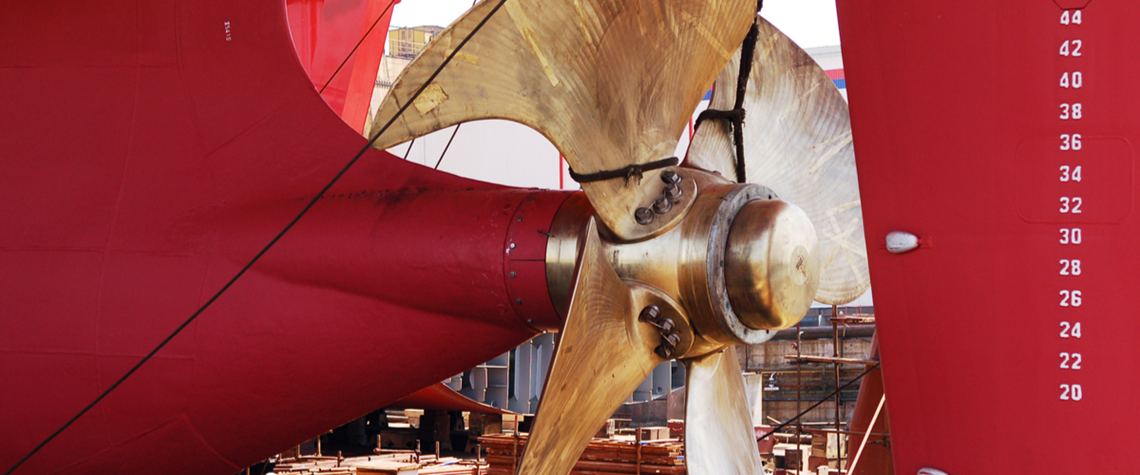Zero-carbon shipping needs significant R&D investment
The shipping industry is charting its own course to decarbonisation
On the fringes of Cop26, away from the protests and pledges, the shipping industry held a landmark decarbonisation conference. Aimed at translating bold words into affirmative actions, the unprecedented gathering of shipowners and ministers set out the future of powering the industry which underpins global trade. In 2022 and beyond, we know that that future must be green, and so too the fuels we put in our ships. Whether ammonia, hydrogen or biofuel (there are many others), there is a real willingness to move our industry away from the carbon-intensive present. This change is none too soon. Our energy needs are sizeable and will only have risen since the boom in demand for trade following th

Also in this section
27 February 2026
LNG would serve as a backup supply source as domestic gas declines and the country’s energy system comes under stress during periods of low hydropower output and high energy demand
27 February 2026
The assumption that oil markets will re-route and work around sanctions is being tested, and it is the physical infrastructure that is acting as the constraint
27 February 2026
The 25th WPC Energy Congress to take place in tandem as part of a coordinated week of high-level ministerial, institutional and industry engagements
27 February 2026
The deepwater sector must be brave by fast-tracking projects and making progress to seize huge offshore opportunities and not become bogged down by capacity constraints and consolidation







